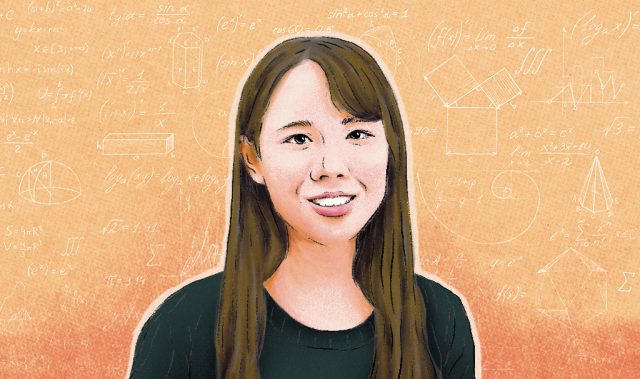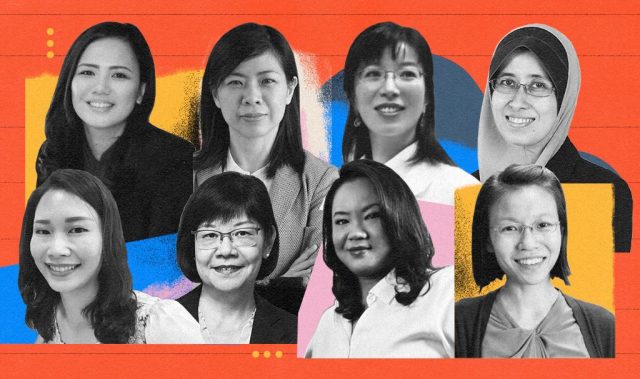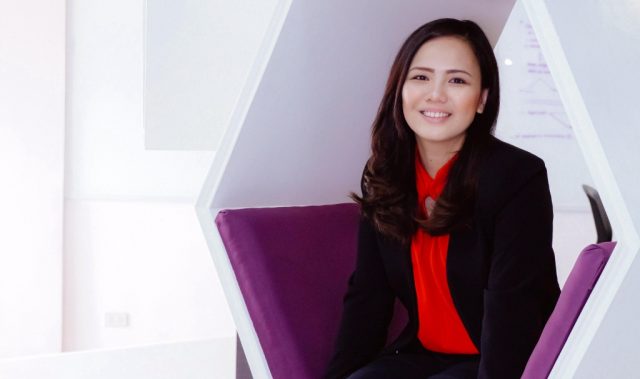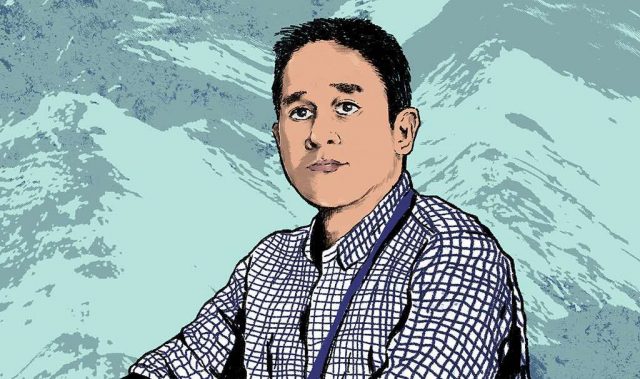
Kathleen Aviso
Professor
De La Salle University
The Philippines
AsianScientist (Sep. 18, 2020) – Climate change is said to be the greatest challenge of our generation—and deservedly so. The sheer scale of its impacts, coupled with the immense political will needed to drive meaningful action, has led climate change negotiations to end in deadlock time and time again. To help decision makers tackle the overwhelming climate crisis, engineers like Professor Kathleen Aviso of the Philippines’ De La Salle University are turning to game theory.
Simply put, game theory can be described as the mathematical study of making decisions. It maps out how interdependent actors—much like corporations, countries and individuals—make strategic decisions to achieve the best outcomes. Accordingly, Aviso has created mathematical models for everything from the selection of low-carbon energy technologies to the optimal allocation of human resources during climatic disruptions.
Over the years, Aviso has received multiple awards for her increasingly relevant work. In 2008, she won the Outstanding Scientific Paper Award from the Philippines’ National Academy of Science and Technology. More recently, she was named of the nine finalists of the 2016 ASEAN-US Science Prize for Women. Talking to Asian Scientist Magazine, Aviso shares her thoughts on climate change, COVID-19 and other things in between.
- How would you summarize your research in a tweet?
I develop mathematical models for designing sustainable industrial systems.
- Describe a completed research project that you are proudest of.
As part of my PhD thesis 10 years ago, I developed a model based on game theory to simulate and optimize how governments can influence industry to invest in green technologies. That is the most cited paper of my career and it remains relevant to current sustainability issues.
- What do you hope to accomplish with your research in the next decade?
It will be very rewarding to learn of any future policies or regulations that are based on my scientific work with computer models.
- Who (or what) motivated you to go into your field of study?
I was inspired by my mentors and their love for research. They were the ones who introduced me to this field.
- What is the biggest adversity that you experienced in your research?
I won’t speak specifically of adversity. But as a woman and a mother of two boys, I will say that balancing work and family responsibilities is a major challenge. And of course, this is a challenge many women scientists have to face.
- What are the biggest challenges facing the academic research community today, and how can we fix them?
Humanity’s biggest challenge is climate change. It is literally an existential threat. This is why a lot of my recent work has been on low-carbon energy systems.
- If you had not become a scientist, what would you have become instead?
When I was younger, I considered becoming a professional ballerina. In hindsight, I’m glad I chose a career in science, or else I would already be a retired dancer by now.
- What do you do outside of work to relax? Do you have any interests and hobbies?
Outside of work, I like spending time with family and friends and taking care of my dog.
- If you had the power and resources to eradicate any world problem using your research, which one would you solve?
Other than climate change, one current problem we should manage is the COVID-19 pandemic and all of its nasty ripple effects.
I wrote a paper about this recently with my colleague, emphasizing the importance of analyzing the impacts of this pandemic on industry and ultimately on people who rely on a robust economy for their livelihood. - What advice would you give to aspiring researchers in Asia?
My message to Asian scientists is that we can become contributors to global rather than just regional scientific concerns, and that we should always look at problems and solutions from a broader perspective. With the right training and mindset, researchers in developing countries can do more than just local science.
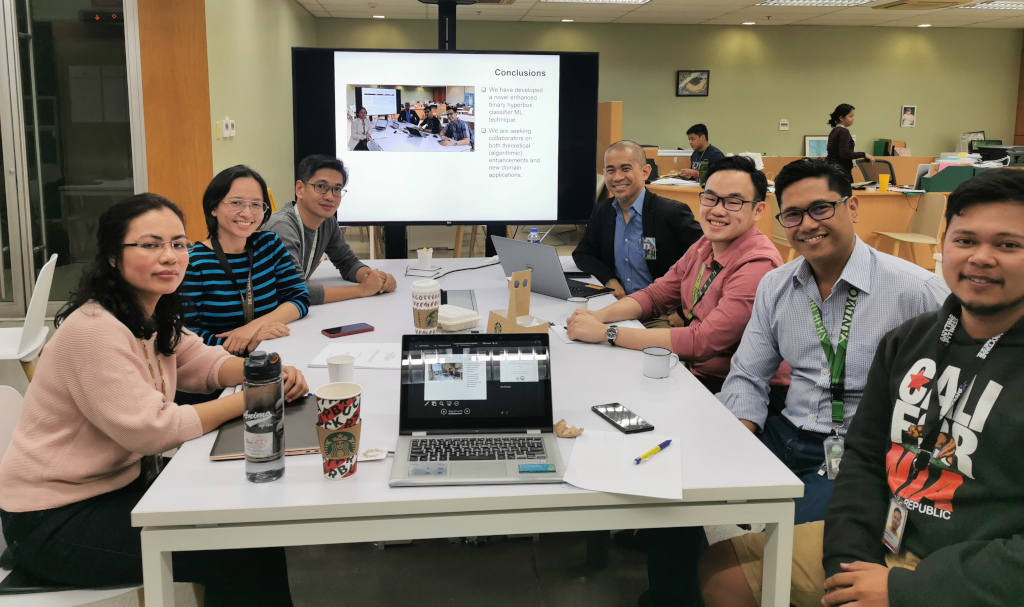
This article is from a monthly series called Asia’s Rising Scientists. Click here to read other articles in the series.
———
Copyright: Asian Scientist Magazine; Photo: Kathleen Aviso.
Disclaimer: This article does not necessarily reflect the views of AsianScientist or its staff.






